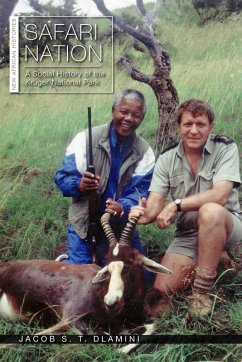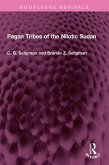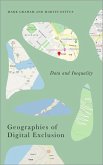Safari Nation opens new lines of inquiry in the study of national parks in Africa and the rest of the world. The Kruger National Park is South Africa's most iconic nature reserve, renowned for its rich flora and fauna. According to author ¿Jacob Dlamini, there is another side to the park, a social history neglected by scholars and popular writers alike in which blacks (meaning Africans, Coloureds, and Indians) occupy center stage. Safari Nation details the ways ¿in which black people ¿devoted energies to conservation and to the park over the course of the twentieth century-engagement that transcends the stock (black) figure of the laborer and the poacher.
By exploring the complex and dynamic ways in which blacks of varying class, racial, religious, and social backgrounds related to the Kruger National Park, ¿and with the help of previously unseen archival photographs, Dlamini's narrative also sheds new light on how and why Africa's national parks-often derided by scholars as colonial impositions-survived the end of white rule on the continent. Relying on oral histories, photographs, and archival research, Safari Nation engages both with African historiography and with ongoing debates about the "land question," democracy, and citizenship in South Africa.
By exploring the complex and dynamic ways in which blacks of varying class, racial, religious, and social backgrounds related to the Kruger National Park, ¿and with the help of previously unseen archival photographs, Dlamini's narrative also sheds new light on how and why Africa's national parks-often derided by scholars as colonial impositions-survived the end of white rule on the continent. Relying on oral histories, photographs, and archival research, Safari Nation engages both with African historiography and with ongoing debates about the "land question," democracy, and citizenship in South Africa.
Dieser Download kann aus rechtlichen Gründen nur mit Rechnungsadresse in A, D ausgeliefert werden.









